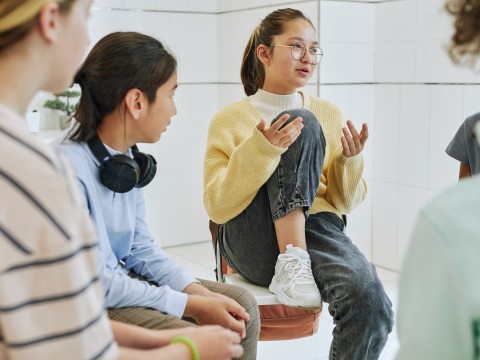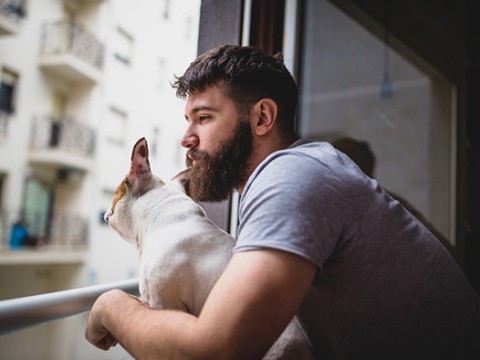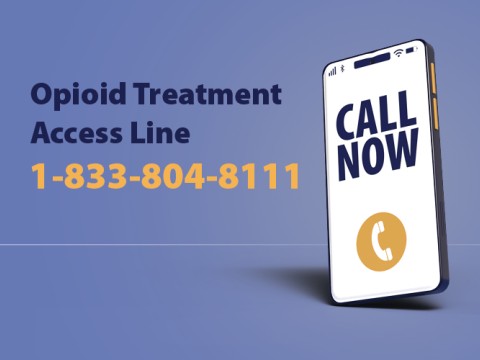Gambling Support Line
Provides a 24-hour telephone confidential, non-judgemental help line for information and counselling referrals related to problem gambling. Referrals include counselling services for adults and youth, prevention resources, self-help groups, and other community services.
Youth Against Violence Line
Provides trained support workers who talk with young people and concerned adults about bullying, gang activity, sexual exploitation, harassment, and many other youth-related issues. Information is safe, confidential and anonymous.
Concerned parents, teachers, caregivers, service providers and others are also welcome to call for information and assistance.
Peer Support Groups
Offers a variety of support groups around the province for those with mental illness and mood disorders, their family and friends. Support groups are facilitated by trained volunteers with lived experience of mental health concerns.
The support groups are peer-led and offer a safe place to share stories, struggles and accomplishments, listen to others as they share similar concerns, and receive informal education about mental health challenges.
Food as Medicine
Offers group medical visits for adults wanting to understand and treat chronic inflammation, believed to be one of the root causes of pain and mood disorders. The group meets with a physician to investigate the causes of chronic inflammation and what can be done about it.
Each individual will have blood tests to assess for underlying imbalances and nutritional deficiencies that are contributing to illness. Supplements and medication will be prescribed as indicated. Participants will learn which foods cause harm to the body and how to use food as medicine.
1030-789 W Pender Street, Vancouver, BC
Interpersonal Therapy
Offers individual and group therapy for people with depression and who have, or are, experiencing struggles with a very personal relationship that leads to feelings of frustration, loneliness and despair. Participants will have two individual sessions and then meet with others for online group sessions. A group is also available for new mothers experiencing perinatal depression to help them with relationship issues and challenges in motherhood.
Seniors Abuse and Information Line
Provides a toll-free telephone line for older adults, and those who care about them, to talk to someone about situations where they feel they are being abused or mistreated, or to receive information about elder abuse prevention.
Victim Services Program
Provides information, support and referrals to seniors who are victims of abuse or a crime, including family or sexual violence. Assistance may include information about the justice system, practical and emotional support, and assisted referral to other programs.
Community Support Groups
Provides an online listing of autism support groups available throughout the province. Groups offered include community groups to support families; adult groups for youth and adults on the autism spectrum; and sibling groups for siblings of individuals with autism and related disabilities.
Online Peer Support Chats
Provides a safe, confidential space for individuals who are affected by an eating disorder or disordered eating, to chat online about their experiences and benefit from the empathy and understanding of their peers while avoiding sensitive subjects such as weight, dieting and specific eating disorder behaviours. There are 10 live chats per week and participants can join as many as they like.
Looking Glass Residence
Provides residential treatment in a home-like setting for young men and women with anorexia, bulimia, binge-eating, and other eating disorders. Care and support is provided by a multi-disciplinary team of medical and mental health professionals.
Support includes individual, group and family therapy, meal support and nutrition, and medical and psychiatric treatment. Operates in partnership with the government of BC.
200-2006 West 10th Avenue, Vancouver, BC


